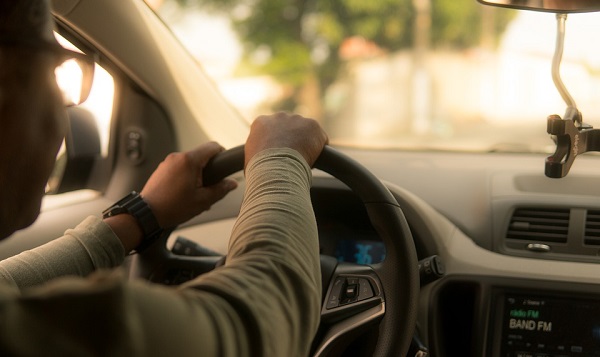Uber drives are to be considered as ‘employees’ as per the UK Supreme Courtroom, for all legal purposes. This ruling came on the basis of various facts. Uber’s argument was that its sole purpose is to supply know-how to companies and serve as a fee assortment agent for the drivers, and its only function is to work as an agent providing reservations to drivers.
However, the Court pointed out that even though drivers can choose when and where to work, their remuneration was fixed by Uber and not the drivers; the contract and its language are Uber’s and not the drivers’; once a driver is logged into the Uber app, he cannot take alternative requests as he pleases; Uber has control over the way drivers deliver their service; it also limits communication between the passengers and drivers to the minimum.
Uber’s argument was that the ‘working time’ as per the contract comprised the time spent by the drivers in driving passengers to their destination. However, the Supreme Courtroom agreed with the Employment Tribunal’s statement that ‘working time’ for the drivers comprised the time that the drivers are logged into the Uber app, throughout the area or region the drivers are licensed to operate in; the time in which they are prepared to accept journeys.
The Supreme Courtroom unanimously agreed with the Employment Tribunal in saying that the Uber drivers in the UK should be entitled to benefits similar to paid vacations and minimal wage.



